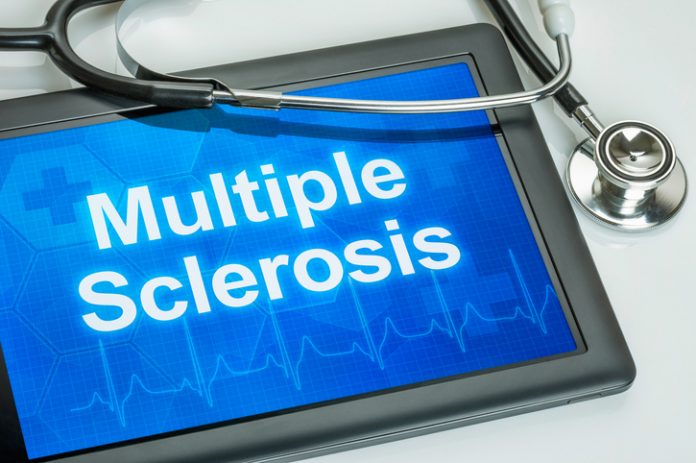The first clinical consensus statement for managing multiple sclerosis (MS) in Australia and New Zealand has been released, providing guidance for health professionals navigating the increasingly complex treatment landscape.
Led by Monash University and published in the Medical Journal of Australia, the recommendations address the unique challenges faced by some 39,000 people living with this chronic neurological condition.
Senior author Associate Professor Mastura Monif, a neurologist and researcher from the Monash University School of Translational Medicine and head of Alfred Health’s Neuroimmunology Service, said although Australia’s Therapeutic Goods Administration (TGA) adopted an international MS guideline in 2009 (which was last updated in 2015), specific and recent consensus recommendations were needed to guide best practice on locally available therapies and local practices.
“New disease-modifying therapies are more effective and better tolerated,” says Associate Professor Monif.
“But it’s a much more complex treatment landscape than it was 20 years ago, and there is new evidence being generated all the time on many aspects of the disease.
“It is really important that the approach used is focused on both the effectiveness and safety for the individual so they can get the best possible outcome.”
Developed by more than 30 experts from the Australian and New Zealand Association of Neurologists working group — including MS specialists, nurses, allied health professionals, and patient advocacy groups — the statement covers pre-assessment, therapy selection, monitoring, symptom management, and special considerations such as pregnancy and infections.
MS Australia CEO Rohan Greenland welcomes the guidelines as an “invaluable resource, especially for generalist clinicians navigating this rapidly evolving field”.
“They provide a clear and ready reference to best-practice evidence and expert consensus – an important milestone in MS care in Australia,” he says.
First author Dr Jessica Shipley, an MS and Neuroimmunology fellow at Alfred Health, says the recommendations are for everyone involved in managing MS, regardless of healthcare setting or location.
“These recommendations will be a valuable resource for everyone from GPs, to neurologists, doctors in training, medical students, allied health professionals, nursing staff, and consumers or patients,” says Dr Shipley.
The recommendations can be found here:











